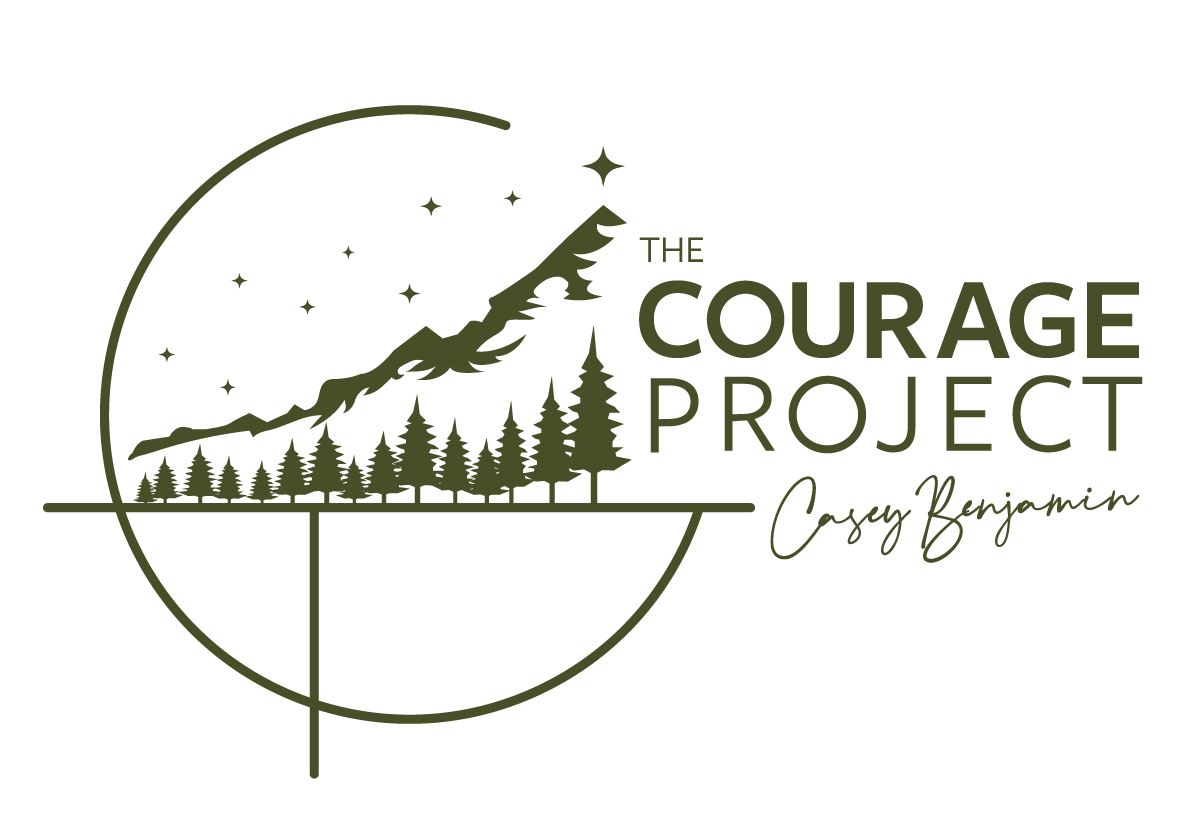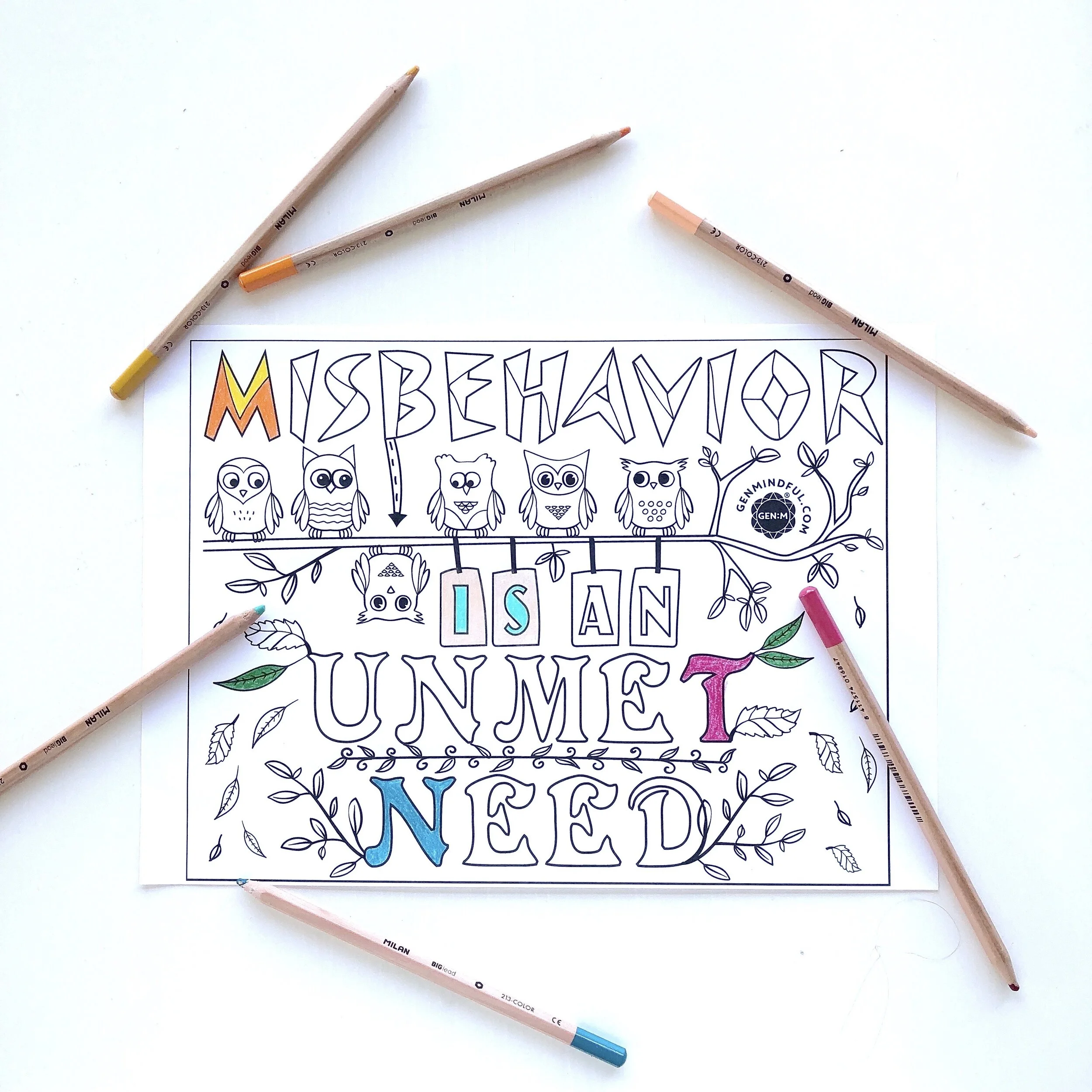Teaching Kids About Emotions and Growth Mindset
I was always told I was “too sensitive” as a kid. If only I’d known back then what a gift that was. Fast forward to the end of high school and I was in the process of deciding what I wanted to do for the “rest of my life” (little did I know I’d change my mind a billion times). I was most drawn to Psychology, and in fact I chose it as as a minor in my Bachelor of Arts, but the statistics subjects were far too much for my self doubt. With the added pressure from family members who didn’t believe Psychology was a viable career I ultimately ended up in a Master of Teaching degree. I had grand plans to save the world 1 kid at a time, but the reality of teaching just meant it wasn’t possible. I know I made a big difference here and there in the lives of many children but ultimately I just couldn’t be the teacher I wanted to be. Burnt out, sick, and frustrated, I decided to stop teaching full time and switch to casual teaching. Upon reflection, the thing that’s always been prevalent is my passion for mental health and wellbeing. I often wonder whether I’d be as interested or equipped to teach this stuff if I weren’t “so sensitive”. Throughout all my days teaching I’ve tried to bring an element of calm into my classrooms. I’ve been described as having a gentle, nurturing and compassionate nature and I really feel this is where my strengths lie. I suppose that’s part of the reason why I’m so passionate about teaching kids how to regulate their emotions and adopt a growth mindset.
If those are new terms for you, regulating emotions really just means being in control of our emotions rather than letting them control us… responding instead of reacting. Growth mindset is the belief that our intelligence, talents and abilities aren’t fixed but can actually be developed. It’s all about perseverance and embracing mistakes as lessons or opportunities to learn.
Given my sensitive nature and my own personal challenges with mental health as well as my interest in psychology and education I’ve explored the topics of regulating emotions and growth mindset at length. I also live in a house full of highly sensitive empaths, so if one of us is struggling, we’re all feeling it. My wife and I have embraced some useful tools for helping our child to navigate emotions and employ a growth mindset and in all honesty, they’ve been a blessing for us too. We’ve been through a particularly challenging transition lately and have been using the tools a little more often which has reminded me of their value and prompted me to share their benefits with you.
The first tool I found was the Time In Toolkit from Generation Mindful. I’d seen parents using time out and I tried it a couple of times myself but it just didn’t align with my sensitive soul so when I found this I was pretty excited. It’s essentially a bunch of tools that allow you to create a calm space in your home or classroom to help children build “social and emotional skills… through mindfulness, child-led play, and positive discipline”. We’ve found their traffic light system so helpful in knowing how to deal with our child’s challenging behaviours. The calming strategies have been employed, not just by our child but us as well and we’ve begun using the peacemakers cards to explore the intricacies of more complex emotions.
Something I first used in my classroom and am now using at home is the Big Life Journal. This journal also helps children build emotional and social skills as well as resilience and a growth mindset. I found this when I was looking for tools to help children with ASD as well as kids who had basically given up already. I found it heartbreaking that some children had lost belief in themselves and although I could share my belief in their abilities with them for a while, I wasn’t always going to be around so it was important to me to help them find internal validation. Looking back over the decades that I’d missed out on opportunities and experiences due to a lack of confidence I wish I’d had something like this when I was a child. At the very least I can pass it onto others. The children I’ve shared this resource with have loved the Famous Failures Kit as well as the Big Life Journal itself. Recently we purchased the New Year Kit which we’re all excited to start using tonight.
As much as these resources are fantastic for kids I also think they’re a wonderful exercise for adults who never had the opportunity to learn such skills in childhood. And what better way to demonstrate their importance than by doing them alongside the kids?



